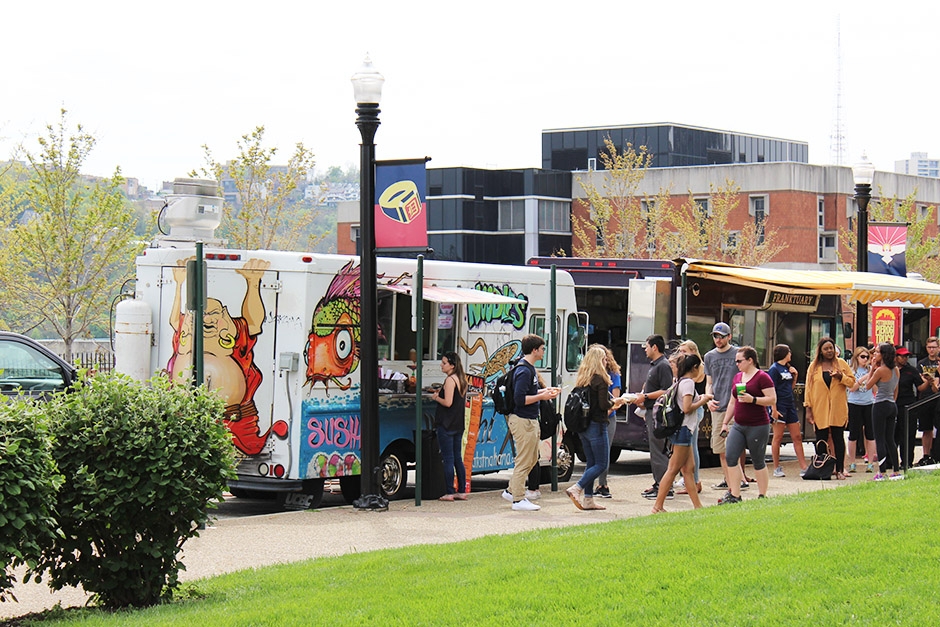Addison Smith | Opinions Editor
Hannah Graham has been missing for more than a month.
The second year student at the University of Virginia went missing Sept. 13 and hasn’t been seen since.
This past weekend, human remains were found approximately 11 miles away from her last location, according to a report on ABC News. Police and medical teams have yet to determine if they belong to Graham, but the thought that they could is scary.
Why is material that has been hashed and rehashed relevant? Because the threat of predators, be them sexual or murderous, is always going to be a problem for college students.
On Aug. 29, Duquesne’s Public Safety Department sent out an email about a sexual assault that occurred to a Duquesne student. It stated that the student was returning to campus with a group of people, but could have been considered alone.
“The victim was walking west along E. Carson St. on the South Side of the City of Pittsburgh with a group of several Duquesnse University students. For an unknown reason, the victim lagged behind the group and was walking alone. Shortly thereafter, a vehicle, described as a dark colored, four-door sedan pulled alongside the victim and offered her a ride back to campus.”
The e-mail continues to say that the victim of the assault accepted the man’s ride back to campus, but was driven through the Hill District and eventually was dropped off at campus, after the victim experienced inappropriate sexual contact while being driven around. This proves that things like this can happen at Duquesne, and we should care about our own safety.
We’re taken away for a public safety lesson during orientation and we roll our eyes, thinking that something like this will never happen to us. Then, something happens on a national scale and it makes you wonder, can this happen to me?
Whenever public safety informs us of a case such as the one above, Duquesne’s public safety is always sure to tack on safety tips at the bottom. On Aug. 29, when the aforementioned e-mail was sent, three safety tips were attached.
“Never walk alone late at night, always stay with a group. Never accept a ride from a stranger. Don’t consume alcohol to the degree which will impair your judgment.”
To most, these seem like common sense. We’re taught throughout our lives that “stranger danger” is alive and well. In fact, we’re taught it at a young age throughout preschool and kindergarten.
“Don’t accept the candy from the man in the van,” we’re told. “Strangers are bad,” is pounded into our heads from the second we’re capable of comprehending those words.
If that is the case, why do we still experience sexual assault, murder and terrible things as college students? We’ve been conditioned to not accept help from strangers, so why are we accepting “help?”
Maybe we try to see the good in people. Maybe we’re just a little more drunk than we intended to be. There’s a lot of maybes throughout our lives, don’t let safety become a part of the list of maybes.
Needless to say, the bad seems to outweigh the good when it comes to stranger danger. How many negative stories have to occur before college students seem to understand how important it is to stay safe? If the story of Hannah Graham doesn’t trigger concerns, at least think about the story close to home.
Long story short, stay safe Duquesne. We’re always told of the extremes on the ends of the spectrum, but there are cases that go unreported as well. Don’t become a case on the end of the spectrum, use your brains and remember that safety matters. Don’t be a statistic. If your friend wants to walk back alone, don’t let her. Keep your friends and yourself safe.




